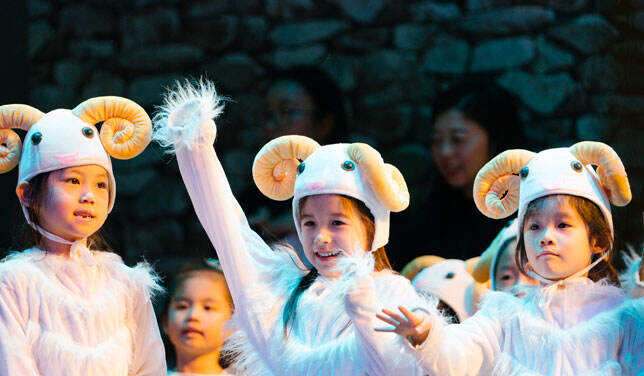Wellington in History | 10 Facts about the Duke of Wellington
Wellington in History
In 1859, Queen Victoria founded Wellington College in England as a national monument to Arthur Wellesley, 1st Duke of Wellington.
To have an entire school named after him begs the question, why? Why did Queen Victoria decide to establish a school in memory of the Duke of Wellington? Who was he?
To piece together the history that founded Wellington College in England, our alma mater, Wellington College Education (China) would like to present you with our new column for the summer – Wellington in History.
As the first edition, today's column will detail ten of the most interesting facts we could find about Arthur Wellesley, the Duke whom Queen Victoria donned “the greatest man [the United Kingdom] ever produced.”The Wellington in History column aims to guide our readers through the history and stories that led to the establishment of Wellington College Education (China). We hope that through this column, readers will develop a deeper understanding of the values and ideas that ground our educational philosophies.
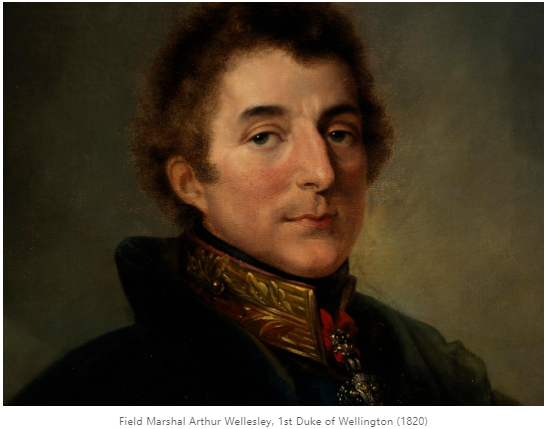
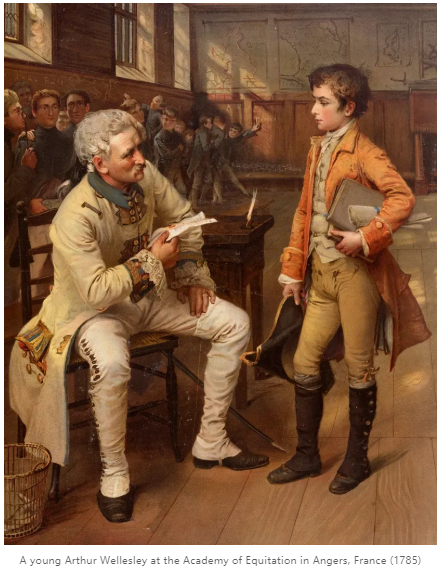
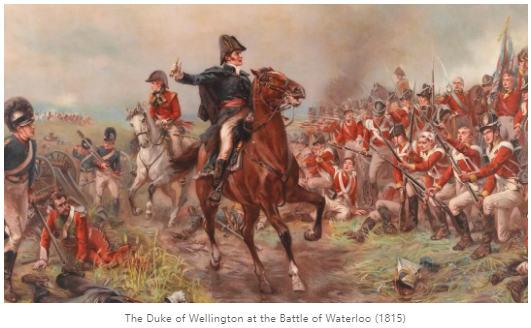
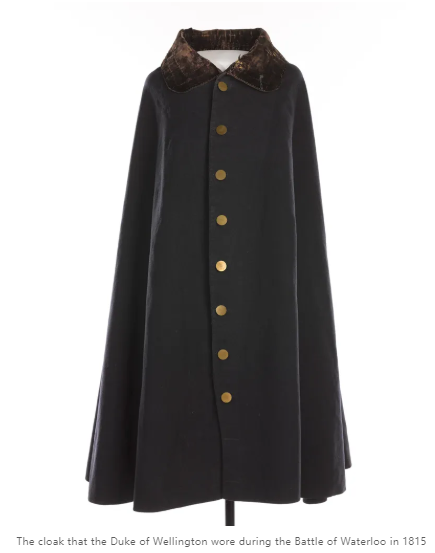
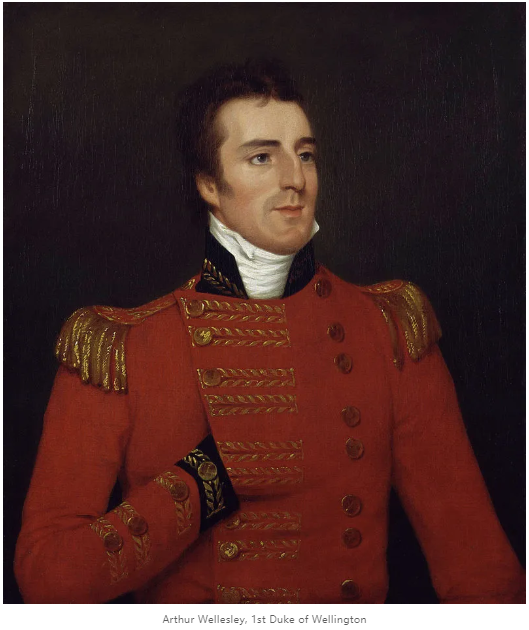
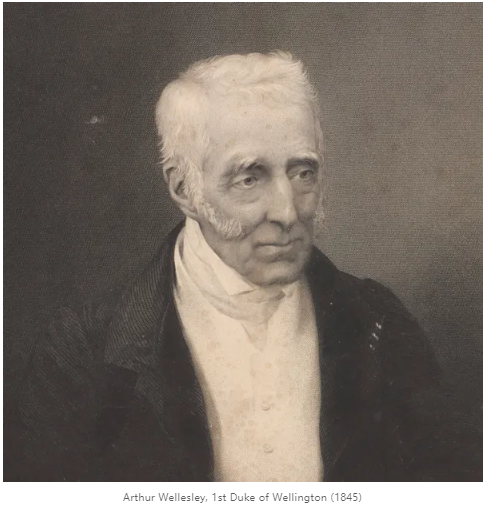
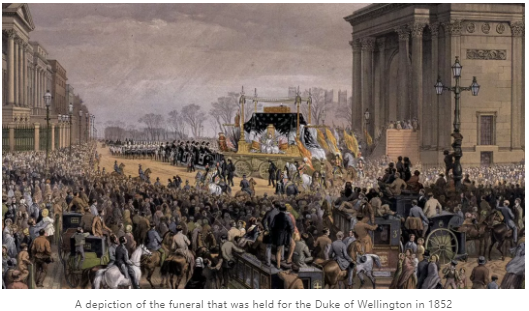
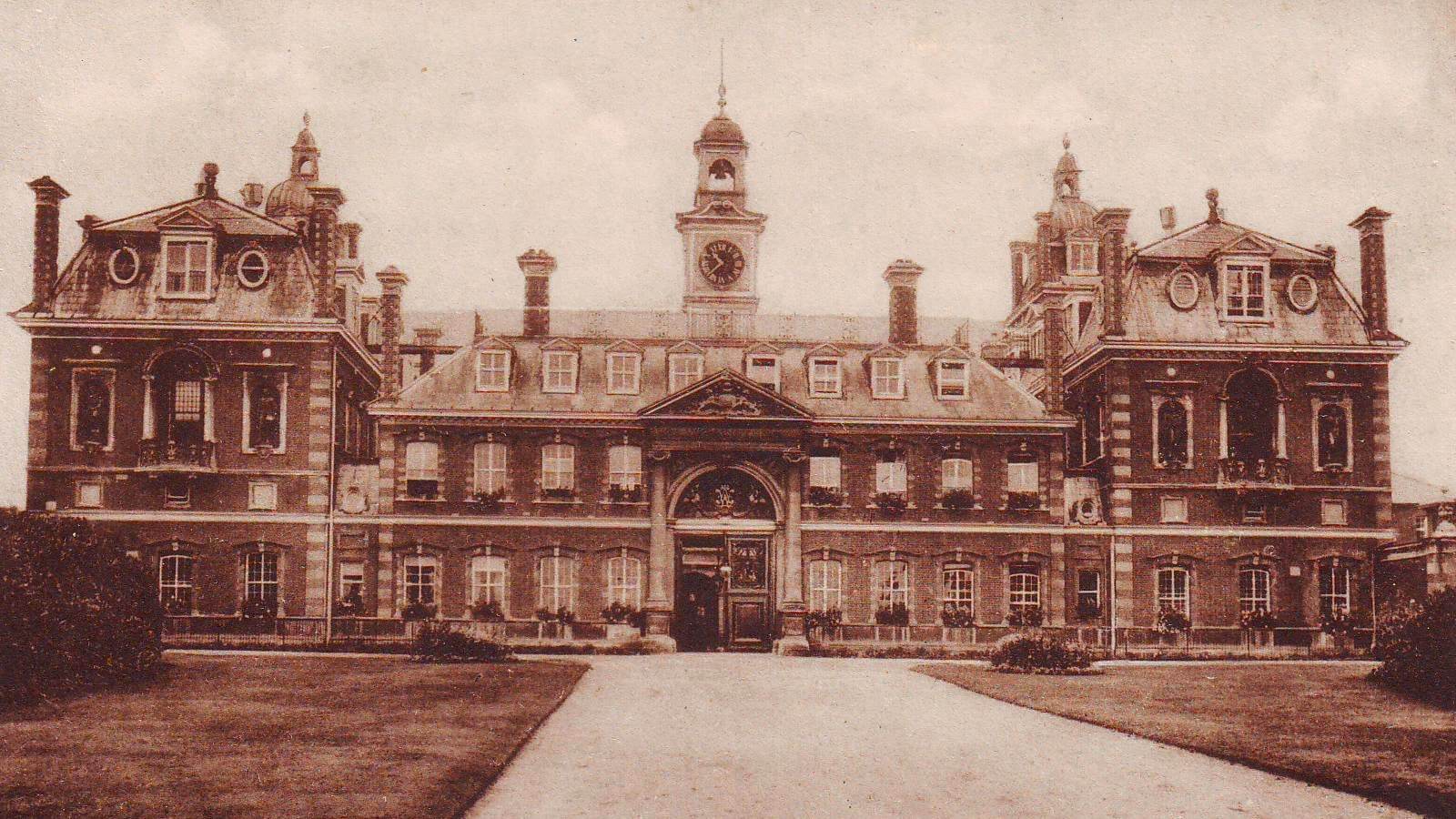
Wellington College in Berkshire, England (19th Century)
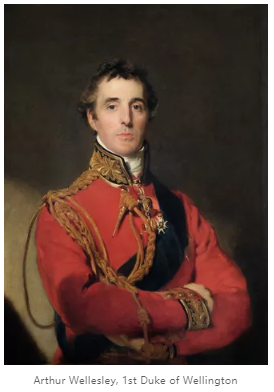
相关资讯











